Condensing boilers are an efficient type of combi boiler found in most homes today. They help to lower energy bills and reduce a property’s carbon footprint. They are more efficient than non-condensing combi boilers because they recover the latent heat. But they come with their own problems, here we look at a few of them.
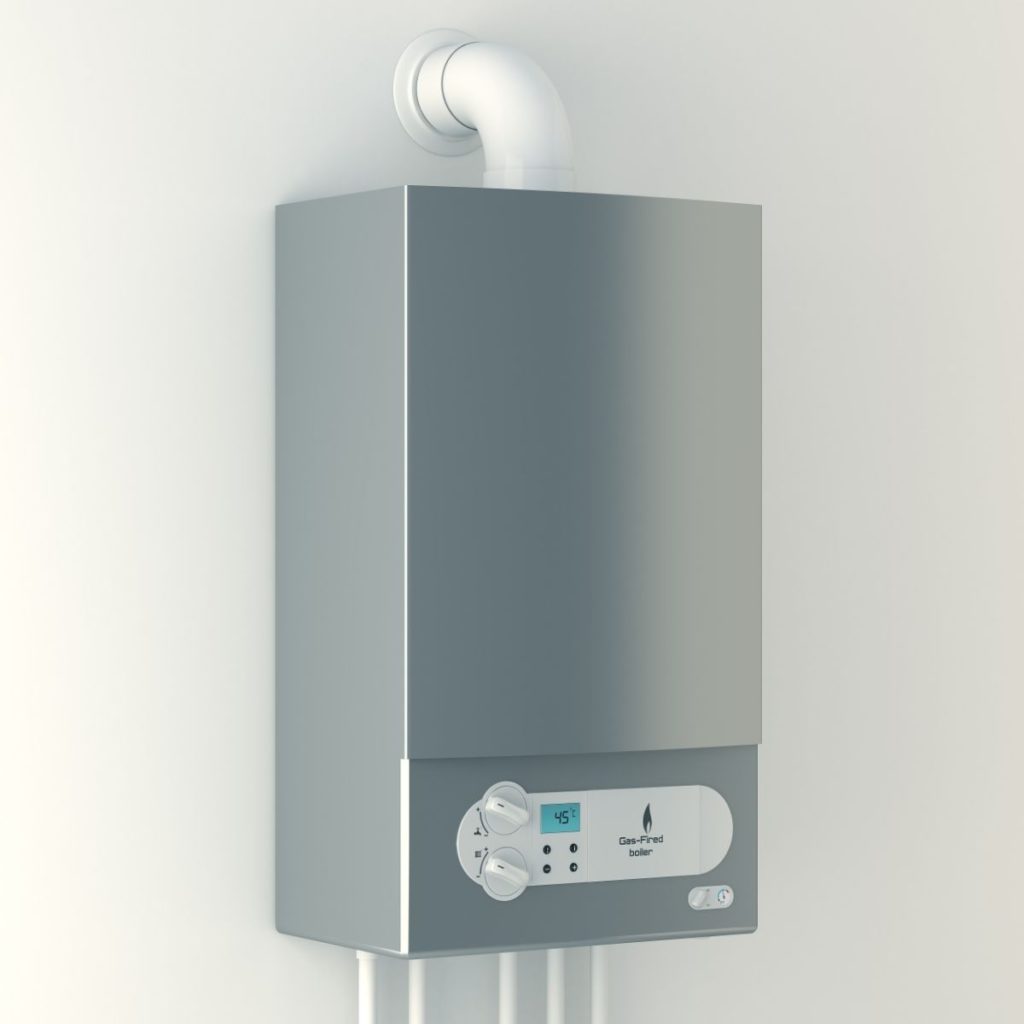
Many of the issues mentioned here will require a qualified gas heating engineer to resolve. To prevent unexpected boiler breakdown costs, you can be fully covered with affordable monthly payments with Hometree.co.uk. They cover all types of home care. Click here to find out more:
Recommended frequency for servicing a condensing boiler annually to prevent issues
Disadvantages of condensing boilers
The main problems with condensing boilers are:
- Risk of corrosion of internal boiler parts.
- Condensing boiler plume nuisance.
- Radiators that are not properly sized and balanced.
- Risk of flooding the boiler.
- Poor installation of the condensate pipe.
- Poor quality water in the heating system.
- Boiler lockouts and condensate issues.
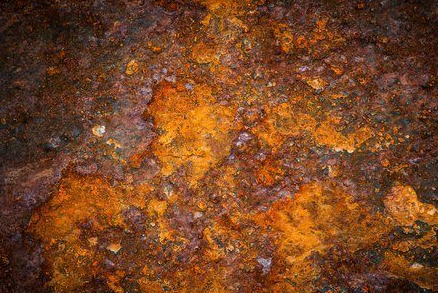
Steps to troubleshoot and fix a condensing boiler that is not working properly
1. Risk of Corrosion of Internal Boiler Parts
Condensing boilers incorporate a trap to collect and safely remove acidic waste produced during operation. If this condense trap leaks, it can lead to heavy corrosion of internal components. Additionally, the siphon in the trap can become blocked with dirt and sludge, causing boiler lockouts. Regular checks during annual boiler servicing are crucial, and any blockages should be promptly addressed.
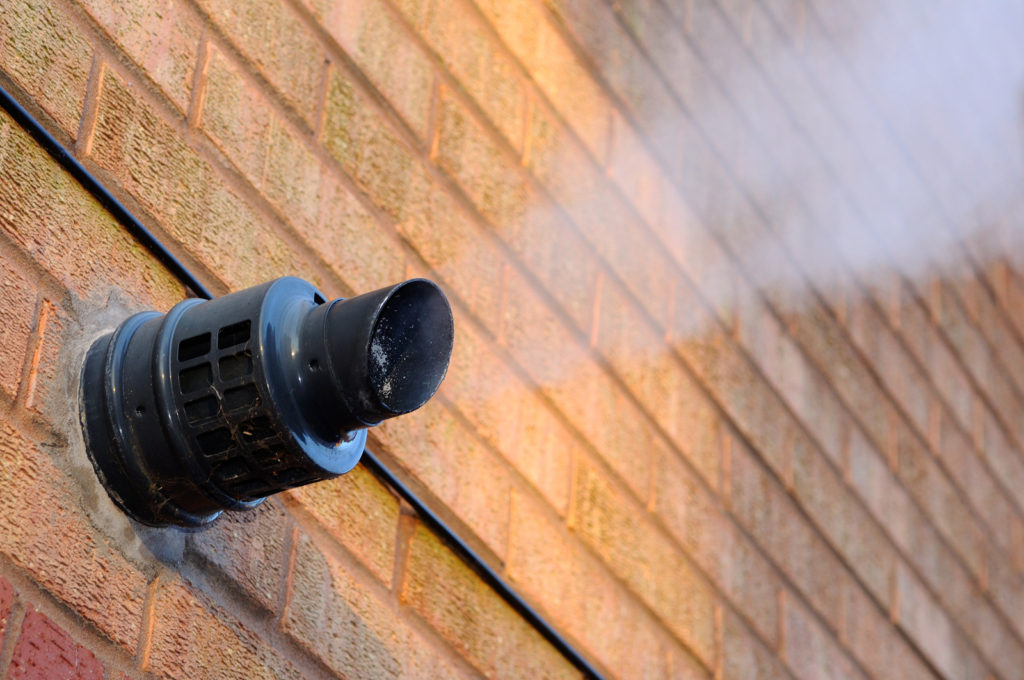
2. Condensing Boiler Plume Nuisance
A noticeable mist accompanies the release of flue gases and water vapor from the terminal of a condensing boiler. While this is normal, improper installation of the flue terminal can cause nuisance to occupants, neighbours, or passers by. Regulations govern the location and positioning of the flue to prevent inconveniences, limiting placement options for the boiler.
Early warning signs of potential condensing boiler breakdowns and how to prevent them
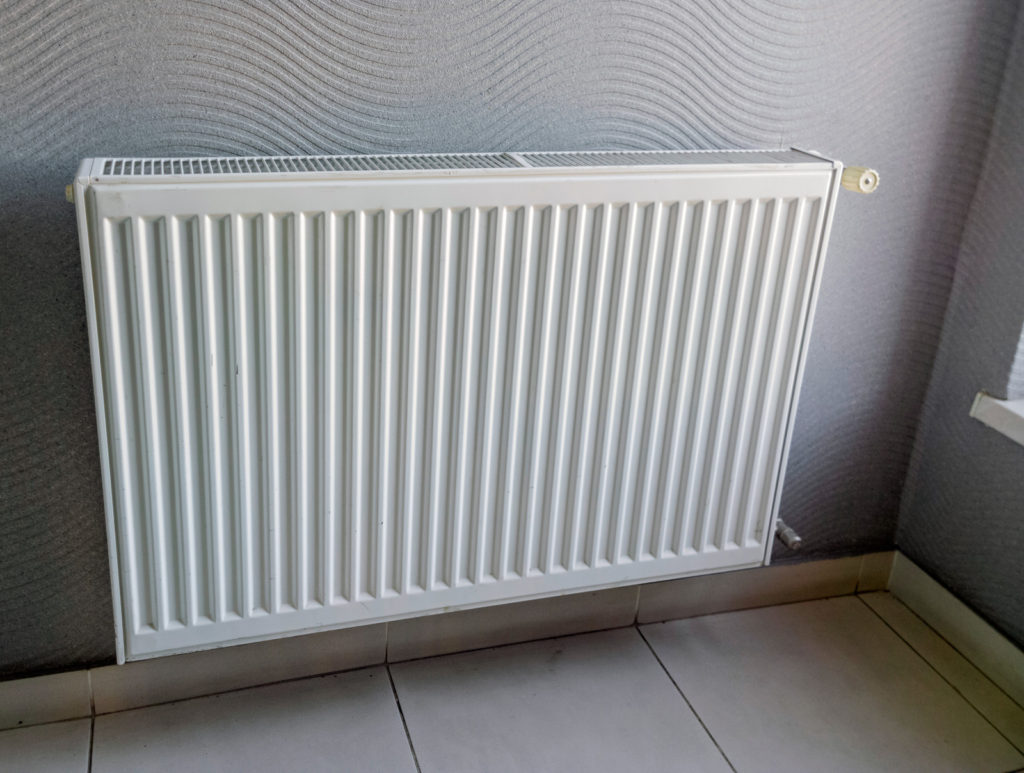
3. Radiators Not Properly Sized and Balanced
For condensing boilers to achieve optimal efficiency, the return water from radiators should be around 54⁰C to trigger condensation. If some radiators are too big or small for certain rooms, the heat might not dissipate correctly. An imbalanced system will not harness the full potential of the boiler’s efficiency. Balancing radiators by adjusting valves ensures even hot water flow, leading to uniform radiator heating.
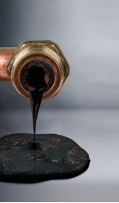
4. Poor Quality Water in the Heating System
Many new condensing boilers are installed in older heating systems with radiators and pipework that might be over 20 years old. The efficiency of these boilers can suffer if the water quality is not up to par. Legislation now requires checking water quality before new boiler installations, and chemical treatment and system filters are necessary to maintain water cleanliness.
Why certain parts failing in a condensing boiler can lead to expensive repair and replacement costs
5. Poor Installation of the Condensate Pipe
If the condensate pipe is improperly installed or the wrong materials are used, such as metal instead of PVC plastic, issues like leaking joints and pipe corrosion may arise over time. Poor installation is a leading cause of boiler problems that require engineer callouts within the warranty period. Hiring a fully qualified and licensed installer is essential for proper setup.
6. Risk of Flooding the Boiler
Blocked condensate pipes can pose a problem during colder weather when heating is needed most frequently. Water might backfill into the pipe, eventually flooding the boiler and causing it to shut down to prevent damage. Using a trace heat system with temperature sensors and proper insulation can prevent pipe freezing and subsequent flooding.
7. Boiler Lockouts and Condensate Issues
Many boiler lockouts are associated with condensate blockages. The small condensate pipe used in current systems can become blocked in prolonged sub-zero temperatures. Recent updates require external condensate discharge pipes to be insulated and have a minimum 30mm internal diameter to prevent blockages.
Balancing radiators means hot water flow coming from the boiler is evenly distributed within the heating system so your radiators heat up at the same speed. You do this by opening and closing radiator valves on each radiator, adjusting them to allow more or less hot water in depending on how far it is away from the boiler.
Reasons why your condensing boiler is not condensing
Recent updates to requirements state external condensate discharge pipes should be a minimum 30mm internal diameter, be insulated with waterproof UV resistant material and the end of the waste pipe be cut at 45 degrees where it falls into the drain. This will help prevent blockages in the pipe.
Many of the issues mentioned here will require a qualified gas heating engineer to resolve. To prevent unexpected boiler breakdown costs, you can be fully covered with affordable monthly payments with Hometree.co.uk. They cover all types of home care. Click here to find out more:
Items to inspect during annual servicing to identify and fix condensing boiler problems
Do you have a condensing boiler?
You have a condensing boiler if you see a white plastic pipe coming from the bottom of the boiler along with other copper pipes.
The condensed vapour and gases leave the system in liquid form via the drain. Heat that was previously wasted into the atmosphere can now be used to reheat system water. It is said they can be up to 20% more efficient than non-condensing types.
But it is not all good news. There are certain issues that come with condensing boilers. Although the advantages outweigh the disadvantages, you may find after looking at the cons, that a different type of boiler, such as a heat only or system boiler is more suitable for your home.
What if the boiler is installed in the basement?
What happens with the condense? You can buy a condense pump for this purpose that sits next to the boiler and pumps the condense up to ground level.
Summary
Condensing boilers are prone to some problems that don’t happen with other boiler types. These include complex components that are prone to breakdown faults, a condensate pipe that becomes blocked, and the condensate plume that can be a nuisance in certain locations.
Related Articles:
